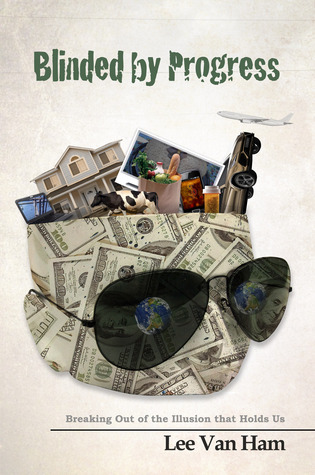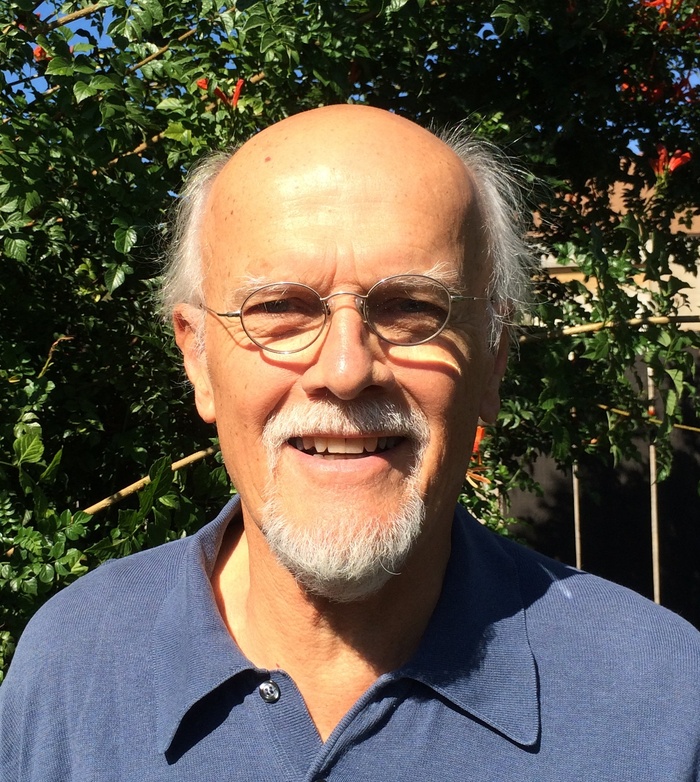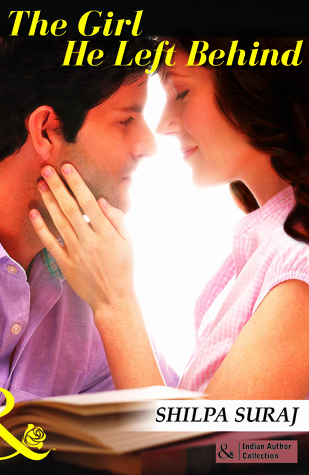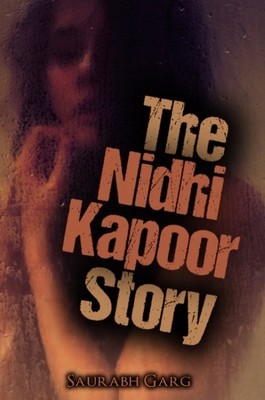If you've read The Color of Our sky, you'll probably understand the truth in the words that describe the book as a haunting projection of the reality with an inexplicable charm!
Check out my review of the book here.
Today the person who etched those star-crossed characters, and creator of the soul-shattering plot joins us to share her experiences of writing the masterpiece.
Interview
Kritika: Congratulations on the book, it is indeed one of the most soul-stirring books I've read. How did you decide that you will touch upon this taboo issue in your book?
Amita: Thank you! I am glad you found it to be a good read. When I set out to write this novel, I wanted write about the friendship between two girls—Tara who has a privileged upbringing like many girls in India’s cities and Mukta, a poor village girl who doesn’t really land the luck of the draw. Initially, I hadn’t imagined that Mukta would be born in a family of temple prostitutes. But as I started to write, the characters took on a life of their own and it took me to places that I honestly didn’t think I would ever research or write about.
I always knew that there were women in India, especially in the poorer sections of society, who were exploited and coerced into the human trafficking trade. There are so many girls like Mukta who are sacrificed at the altar of Devdasi traditions that still torment some villages in India (even though there is a law against it.) This, I think, is common knowledge for anyone coming from India but Mukta took me to a place in my own heart that I never thought existed.
Kritika: What came first- the idea of the plot or the desire to write?
Amita: I didn’t really have an idea of the plot when I began. I knew I wanted to write about two girls. So I started writing from their birth in different caste systems (in a village vs. a city) and I wrote detailed scenes with them growing up and retaining their friendship for three decades. The characters actually took me to where the story is now. I wrote more than 300 pages just to get to know my characters and the plot. Once I knew my characters well enough, and knew the story I wanted to tell, I got rid of more than half the writing, and worked through many drafts to start the novel at critical points in each character’s life.
Kritika: How has the process of writing been for you? Share your struggles as you went about writing the brutalities that the characters suffered!
Amita: I think the most challenging part of writing this novel was writing the difficult scenes. It was challenging stepping into the shoes of a woman who endures so much and still retains her spirit. There were moments I went days without writing those scenes because it was too painful. But eventually, the only way to get through them was to write it. That’s the only way I could be true to my characters.
Another part that proved to be difficult was the research. There were so many brutalities /horrors I discovered during my research. I don’t think I’ve covered even one fourth of those in my novel—it would be too difficult to digest. I try to be as sensitive as possible with the more difficult scenes and use language to cushion the blow because it is a topic that must be heard. So this novel has been an emotional ride. Writing about pain is one of the most difficult things to do and I hope I have done it some justice
Kritika: You've mentioned that Mukta's character has been inspired. Are the other characters inspired too? What kind of research has been monumental in the making of this poignant story?
Amita: Most of research for Mukta’s storyline has been through NGO’s working in India. I follow their work actively and most of Mukta’s experiences are borrowed (and dramatized) from women who have been enslaved in brothels in India. The description in my book about the way the NGO’s work in India is also quite realistic. Many characters that Mukta talks to in the brothel are mirrored on real life people.
As for Tara, a lot of her experiences are mine—especially the friendship scenes with Mukta (that mirrors my friendship with the daughter of a servant, Shakuntala) and more specifically the scene where the children find a dead infant on the construction grounds (which is a terrifying memory.)
Kritika: What publishing lessons have you learnt along the way? Share some insights with our readers!
Amita: Patience and perseverance is the key! I think getting a good developmental editor to look through your book and point out the plot holes and suggest improvement is a must before you even think about sending it out. A writer also needs to be open minded to look at his own work critically. In my case, my editor—Vrinda Condillac— really helped revamp the storyline and made me re-look at my characters and their motives. I am grateful to her.
Kritika: What do we have in the pipeline?
Amita: I am going to release a few short stories soon! I am also experimenting on working on two books in different genres simultaneously.
Kritika: A random question: would you like the book to be adapted to a movie?
Amita: Sure. Why not?! One can dream, it just may become reality one day!
Thanks Amita, for the wonderful interview!
Links to buy the book:
Amazon | ibooks | Kobo | Barnes & Noble | Google Play
Enter Giveaway (Indian residents only) below:
Win a paperback copy of The Color of Our Sky
Yes, the Giveaway is over, and the winner is *drumroll* Arathy!
Thanks for participating, check your mail to receive your copy!
Follow for regular reviews, author interviews and bookish love:



































 “
“




